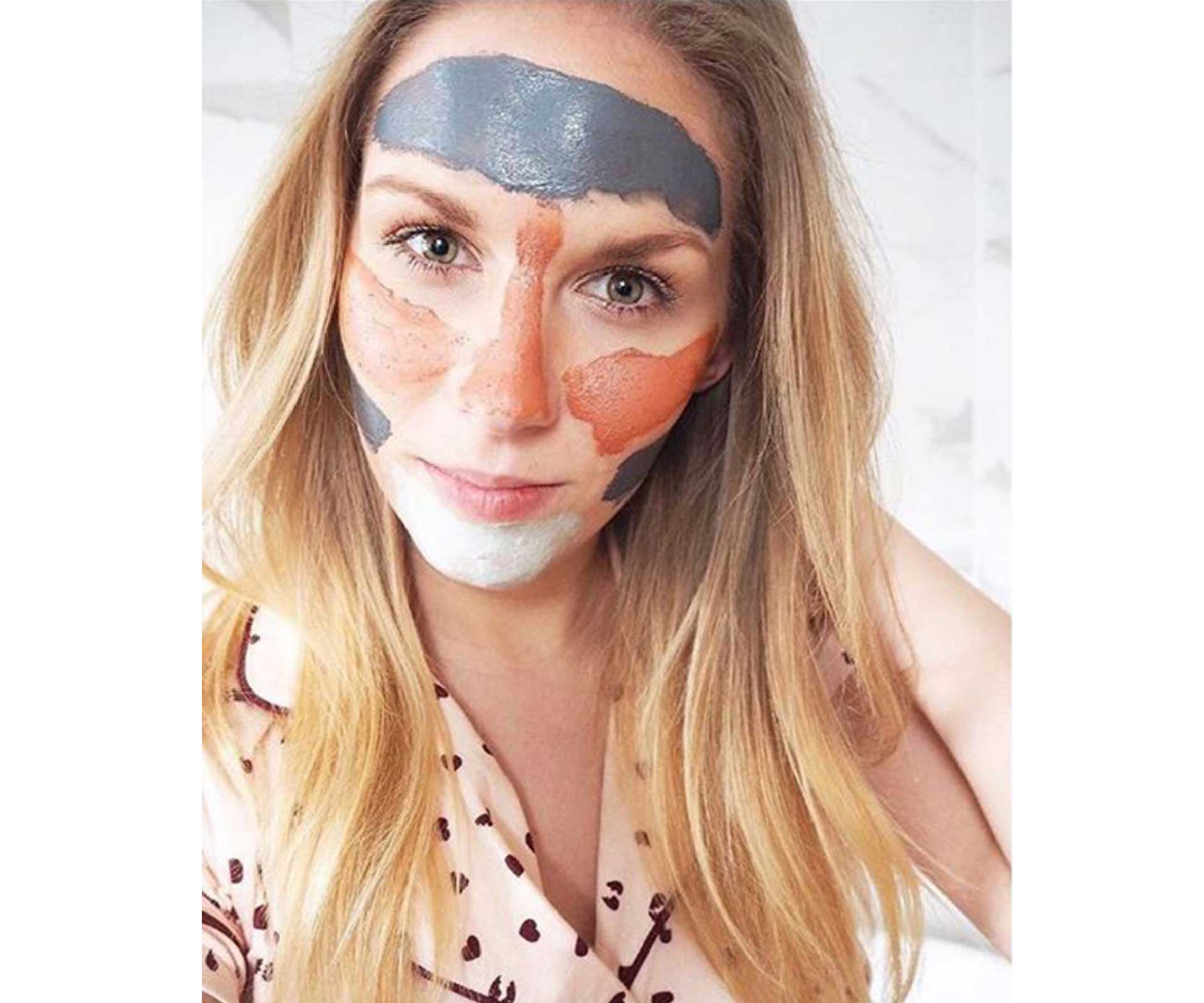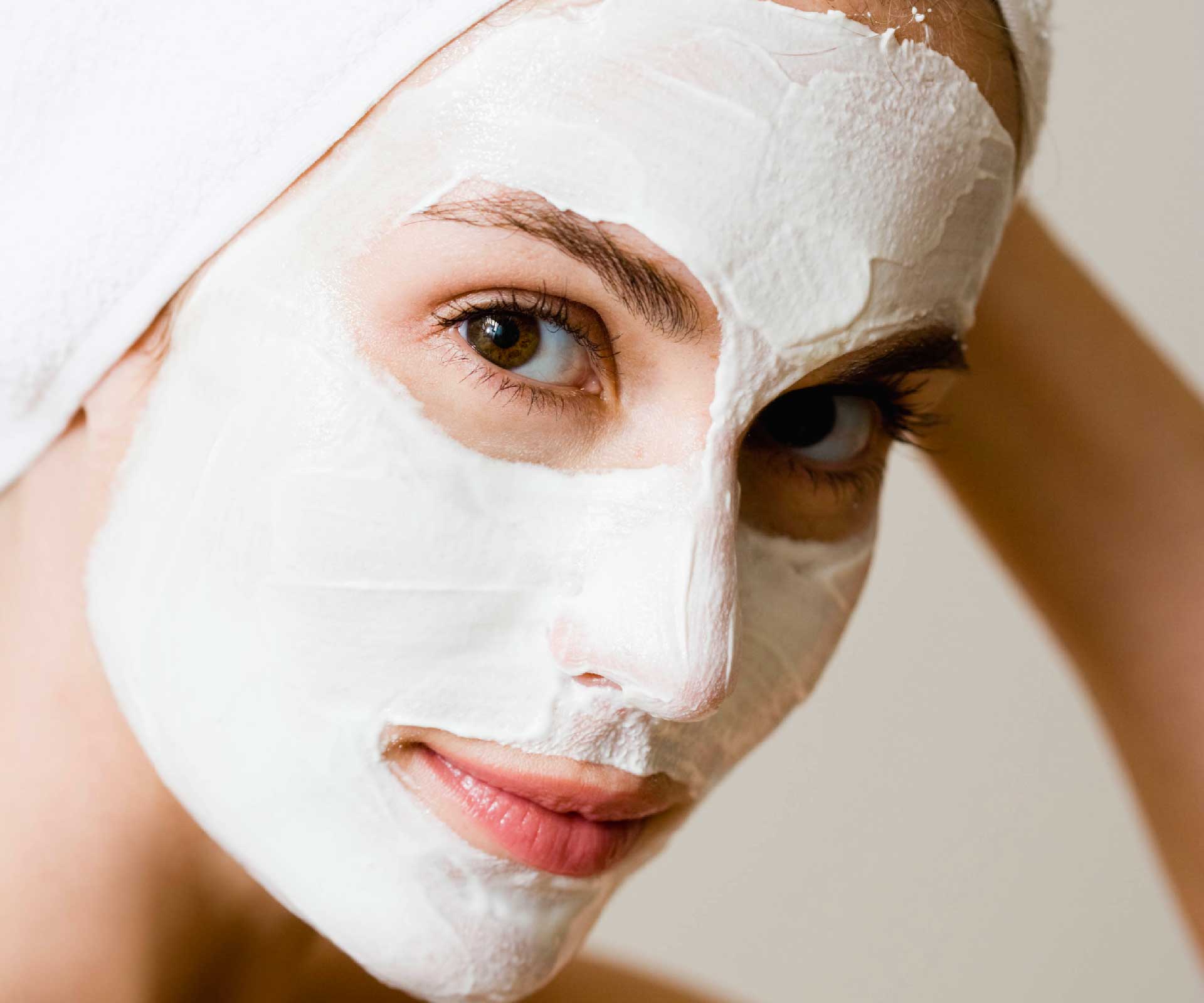Over the past year we’ve seen the popularity of masks soar, but why? Gone are the days of just exfoliating and moisturising; now everyone is looking to masks for new ways to benefit skin and liven up their beauty routines. We can partly thank Korea and the K-beauty boom for this meteoric rise – especially when it comes to face sheet masks.
“I believe the modern skincare user is becoming much more educated and understands that treatments at home can make a big difference,” says Sukin brand and communications manager Lisamarie Pejovnik. “Face masks don’t just offer results that improve the overall appearance of your skin, they can also be quite therapeutic. And let’s not forget they’re easy to apply, fun to use and are great at delivering results.”
The other factor is consumers are now savvier and want what’s best for them specifically.
“Face masks mean people are able to perform a mini skin treatment on themselves at home a couple of times a week, which works wonders in-between in-clinic visits,” adds Ultraceuticals global education ambassador Tracey Beeby.
Whether you’re looking to fill out fine lines, rehydrate skin or detox congested pores, it seems face masks are the secret weapon to take your complexion to the next level.
Before and after using a face mask
Make the most of your mask by prepping your skin beforehand, and topping it up with nourishing ingredients afterwards for optimum results.
Pre-mask: “Ideally the skin needs to be cleansed thoroughly, then exfoliated using a physical or liquid exfoliant,” suggests Beeby. “This way the mask can be of full benefit and absorb into the skin, achieving maximum results.”
Post-mask: This is the time to apply your active treatment products. “Whether a morning or evening treatment for the skin, the appropriate products should be applied according to your skin concerns, as prescribed by your skincare professional.” Avoiding sun exposure immediately post-mask is also a good idea as skin can be more sensitive.
How frequently should you use face masks?
“When adding a face mask into your weekly beauty regime, it’s okay to use it once or twice a week as it offers an intensive boost to the skin,” says Pejovnik.
As well as hydrating the skin, removing excess oils and improving the appearance of pores, Pejovnik also sees masking as an excuse to indulge a little.
“The feeling of being pampered is important for your overall wellbeing – like you’re at a spa from the comfort of your own home,” she says.
But regardless of your skin or mask type, she does advise that following the product instructions is important for the optimum outcome.
What is multi-masking?

Contrary to what you may think, multi-masking is not just an Instagram trend.
“Multi-masking is ideal as the skin on the face can often be very different in the varying zones,” says Beeby.
“For example, on the ‘T-zone’ where the skin is often oily and open pored with congestion, a purifying mask may be applied, whereas on the cheeks, neck and décolletage, where the skin is often dry, a hydrating mask could be used.”
If you’re concerned about products for around the eye area, Beeby says an energising mask could be an option.
Types of face masks
Foil: The foil coating prevents the formula from escaping and speeds up the delivery process by warming the skin.
Cream: Easy to apply and generally more hydrating, cream masks are good for all skin types.
Sheet: It appears that sheet masks are good for more than just scary-looking selfies. The cloths are doused in a serum-based formula and act as a barrier to trap ingredients like vitamins, minerals and hyaluronic acid.
Overnight: The thicker formulas hydrate, firm and brighten your skin while you sleep.
Quick-fix: Designed as a pick-me-up for a radiance and hydration boost in just 60 seconds.
Peel: By adhering to the top layer of dead skin and the dirt in clogged pores, the mask lifts off all the micro particles of dust and dirt, giving you radiant skin immediately.

What is the best type of face mask for my skin?
Sukin’s Lisamarie Pejovnik, on the best bets for your skin type:
Acne: Anti-inflammatory ingredients help with redness, while salicylic acid and oil-absorbing clays detoxify skin.
Oily: Clay-based varieties or ones with charcoal are great because their formulas help absorb oil and draw out impurities.
Combination: Try customising your mask with a more purifying formula through the T-zone and applying a hydrating one on the cheeks.
Dull: As well as stimulating the skin with a gentle massage when applying, look for products with vitamin C or D to boost radiance.
Sensitive: Calming ingredients such as rosehip, cucumber and green tea will soothe and treat the skin.
Dehydrated: Look for a mask rich in nourishing and comforting oils like avocado or calendula.


